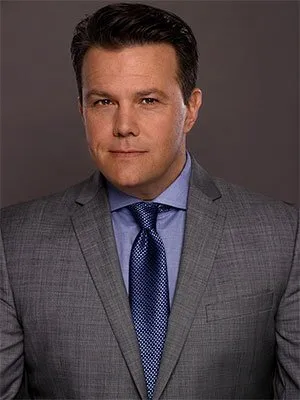Florida premises liability attorneys represent those injured by negligently-created hazards on property. The failure of property owners and operators to warn of dangerous conditions or eliminate them can seriously injure or kill patrons, visitors, and occupants. Generally, premises liability cases fit into three categories based on the cause of the injury or type of incident.
Most premises liability cases arise from slips, trips, and falls. Often, these incidents occur in grocery stores, other big box retailers, gas stations, convenience stores, and restaurants. In these establishments, substances and objects on floors. The list of hazards may seem countless, but here are a few that commonly cause injuries:
Florida law treats these and other items on the floor as “transitory foreign objects” because they are not in their proper places such as containers or shelves. As a result, you must prove that the property owner either had actual knowledge or constructive knowledge. The latter requires a showing that either the object or substance remained on the ground long enough that someone at the store should have noticed it or the conPdition repeatedly is created.
Premises liability lawyers look for signs that an object has been crushed or squished to establish that enough time passed for several people to notice it. Evidence of length of time may come from clean water becoming dirty, the presence of wet or muddy footprints or shoe tracks, and security cameras.
Store associates create hazards through improperly displayed or placed merchandise on walls and shelves. These errors include:
Many of these mistakes happen in violation of the store’s policies, accepted retail industry standards, or general common sense. In addition to the associate’s negligence, the store itself can face liability for negligent training and negligent supervision. These torts arise from the failure to instruct associates on store policies and accepted proper practices and to regularly inspect the premises.
By default, the law does not hold premises owners responsible for assaults and other criminal activity of others that injure patrons. This rule does not relieve store owners and shopkeepers from the duty to safeguard customers against known dangers and those reasonably foreseeable.
As to premises liability due to criminal conduct, showing that the crime in question was reasonably foreseeable involves evidence of the frequency of the type of crime on or near the store. Even upon showing foreseeability, there still exists the question of the measures. Plaintiffs may allege and prove the lack of lighting, malfunctioning or non-existent security cameras, absence of security guards or patrols, and obstructions.
Convenience stores in Florida may have more stringent standards due to the prevalence of crime in these types of establishments. By one statistic, nearly 32,000 gas stations nationwide experience a robbery. Roughly one-third of those see multiple incidents.
Florida Statutes Section 768.705 creates a “safe harbor” of sorts, or a rebuttable presumption that the owner of a convenience store took reasonable measures to prevent crime. Store owners taking advantage of this statute must have, among other things:
When a murder, rape, sexual assault, or robbery has occurred at a convenience store, the owner or operator must also have at least one of the following measures:
A premises liability incident can wreak serious injuries or even death. According to the Florida Department of Health, in 2021, deaths from unintentional falls numbered 4,178. That translates to nearly 12 per every 100,000 Floridians. Falls rank as the leading cause of death for those age 65 years or older.
Aside from fatalities, hazards on premises result in serious injuries. These include:
From these injuries may come paralysis, loss of memory, significant pain, anxiety, depression, and impaired motor skills. If you suffer an injury from a falling object, liquid or other things on the floor, or a criminal attack, your injuries may allow you to recover for:
In Florida, you have two years from the date of the incident to sue the premises owners for negligence. If you pursue a premises liability case, your lawyer will want any photographs or video you took of the condition or incident, security camera footage, witnesses, store or police reports, and medical records.
Call The Law Offices of James G. Graver for a free consultation. We will help you understand the personal injury claims process and work towards your best settlement as you recover from your injuries.

This website contains legal information that is available to the general public. The content on this website is not legal advice. It is intended for informational purposes only. Anyone seeking legal advice should retain an attorney. Use of this website in any manner, including but not limited to chat or contact form submissions, does not create an attorney-client relationship.